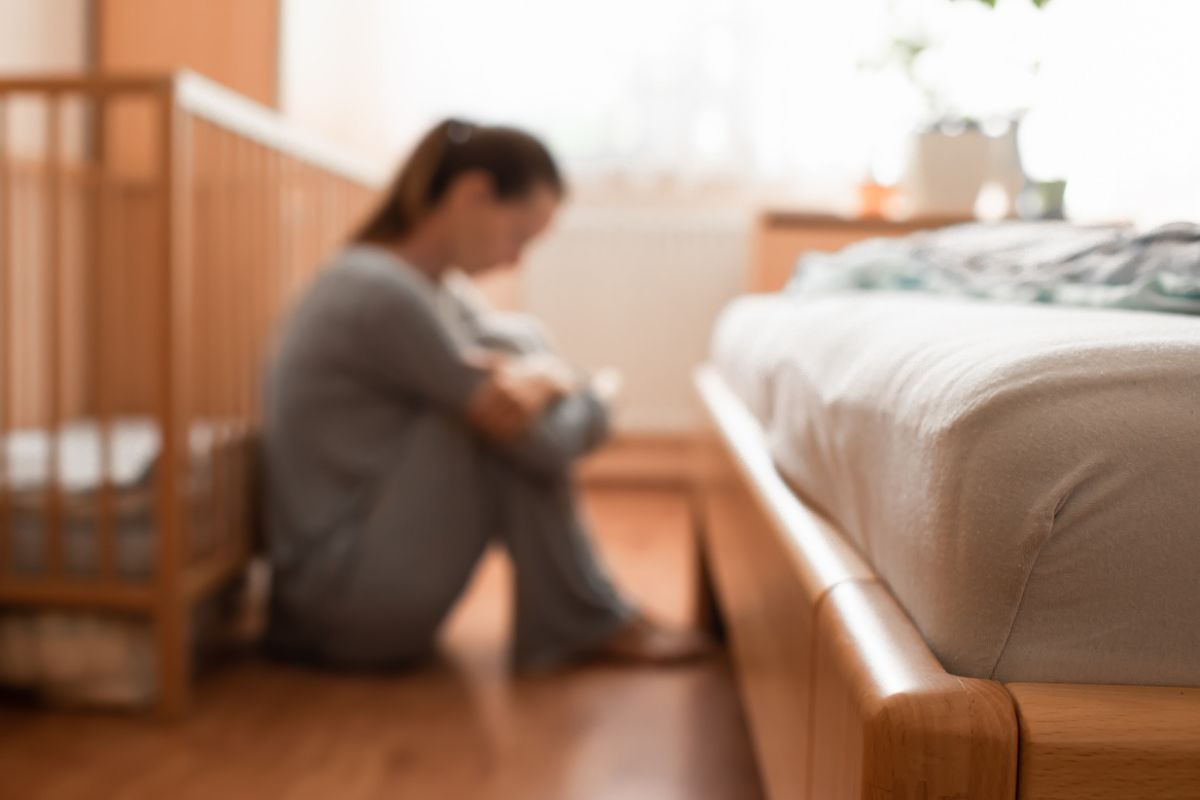In case you missed any big psych-neuro news this week, here’s a round up of the top stories.
Monday
In their The Journal of Clinical Psychiatry Letter to the Editor, John C. Markowitz, MD and Barbara L. Milrod, MD, argue that the National Institute of Mental Health has made a grave mistake by halting the funding of clinical trials for psychiatric illness. Their position: abandoning this kind of rigorous research has cut off the pipeline for new treatments while also leaving questions about current treatments unanswered. In other news, we highlighted ADHD influencer and comic artist, Dani Donohue and her mission to explain her condition and why women often go undiagnosed and undertreated.
Tuesday
Due to Wilson disease’s myriad manifestations, its rarity, and its range of symptoms, differential diagnosis may be challenging, writes Robert S. Brown Jr., MD, chief of division of gastroenterology and hepatology at Weill Cornell Medicine in New York City. Brown’s commentary, published in The Primary Care Companion of CNS Disorders, covers diagnostic acumen and the latest updates in the field. Also this week, ‘gaslighting’ was named word of the year by Merriam-Webster. If you don’t believe us, read about it here.
Wednesday
There was a lot of excitement for a trial looking at the experimental dementia drug lecanemab, but was it warranted? Despite the hype surrounding the phase 3 investigation, the drug’s benefits were modest and its adverse effects can’t be ignored. Only time will tell. A study in The Journal of Clinical Psychiatry expressed support for the idea of continuing a hybrid model of in-person treatment and telehealth in early psychosis, even after COVID protocols are lifted.
Thursday
Layoffs are on a lot of patient’s minds, whether they find themselves suddenly jobless, job cut “survivors” or tasked with the responsibility for handing out pink slips. Here, some advice for how clinicians can provide them with adequate mental health support. Plus, The Primary Care Companion of CNS Disorders published a timely case report detailing a patient who experienced COVID-related psychosis with near-death experience.
Friday
Controversy surrounds New York City’s new plan to provide care for homeless people with severe mental illness, even if they refuse it. While some mental health advocates say they are optimistic about the program, others chafe at the idea of forcing people into treatment against their will. And finally, a new Stanford study found that lockdown and pandemic measures accelerated brain aging in children due to alterations in mental health and neurodevelopment.
Looking Ahead
Get ready for the top stories of 2022 from both The Primary Care Companion of CNS Disorders and The Journal of Clinical Psychiatry.


